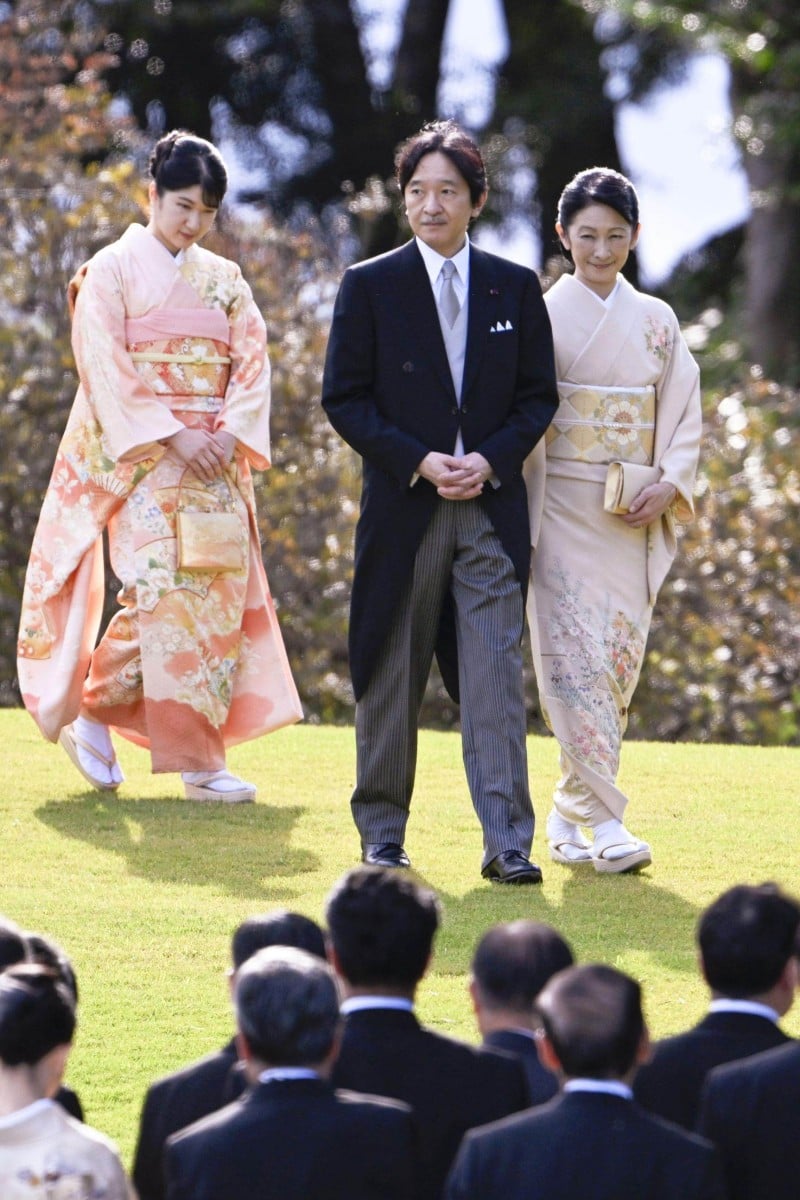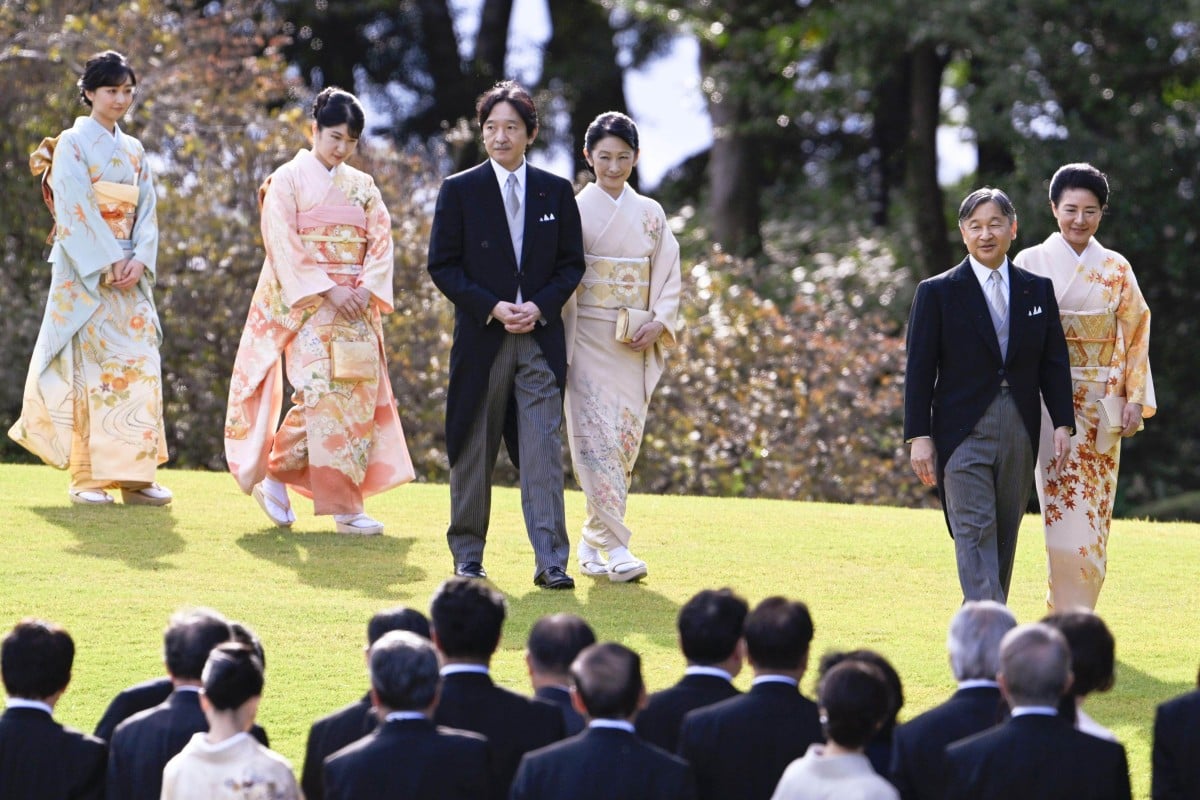
The Lens: Japan urged to modernise monarchy with female succession to promote gender equality
Outdated Imperial Household Law tarnishes Japan’s image as a modern nation, writes one student.
 Japan’s Imperial Household Law bars princesses from the throne, sparking calls for reform. Photo: Kyodo
Japan’s Imperial Household Law bars princesses from the throne, sparking calls for reform. Photo: KyodoNext week’s discussion is on the controversy surrounding British celebrity chef Jamie Oliver‘s children’s book. Have some thoughts on this issue? Send us your response (no more than 300 words) by filling out this form or emailing yp@scmp.com by 11.59pm on November 26.
Thoughts from last week
Matthew Ng Cheuk-hin, 15, St Stephen’s College
The Japanese emperor is considered a symbol of unity, a figurehead that ties the nation together. But for many, it is also a remnant of the ugly past, and polls have said it: the people want to see a woman on the Chrysanthemum Throne.
The Imperial Household Law explicitly excludes princesses from the line of succession, restricting their right to become monarchs. This arrangement reflects an outdated tradition, one that is sexist, bigoted and misogynistic. It does not in any way honour Japan’s well-preserved heritage. The law taints the country’s reputation as an equal, respectful, harmonious society.
Being the defining embodiment of globalisation and modernity, the UN ultimately has a right to intervene in a country’s constitutional integrity if it undermines women’s interests. When a law touches upon gender division, it becomes an issue that transcends borders.
In today’s day and age, there should be no justification for putting a ban on female empowerment. If only men are allowed to inherit the throne, then the monarchy does not represent all Japanese people.
The concept of a monarchy is already considered archaic and outdated by many around the world. If Japan intends to maintain its status quo, wouldn’t it be the bare minimum to at least modernise the system?
Japan significantly lags behind other developed nations when it comes to gender equality. Having a woman as head of state would serve as a powerful benchmark of the country’s commitment to gender equity. Such a move would inspire more Japanese women to pursue traditionally male roles and help the nation align itself with the values of the 21st century.
By embracing this opportunity for change, Japan can lead by example to demonstrate that even the most traditional ideas can evolve.
Learn more about the issue here
Read and observe
A children’s book written by British celebrity chef Jamie Oliver has been withdrawn from sale after it was criticised for offending Indigenous Australians.
The Guardian newspaper reported that the National Aboriginal and Torres Strait Islander Education Corporation blasted Billy and the Epic Escape. They say it contributes to the “erasure, trivialisation, and stereotyping of First Nations peoples and experiences”.
Oliver’s book contains a passage where the story’s villain abducts an Indigenous Australian girl living in foster care. This is a sensitive issue in a country where thousands of Indigenous children were for decades forcibly removed from their parents and placed in care or with white families as late as the 1970s.
The book also contained errors made by mixing different Indigenous languages.
In a statement, Oliver, 49, said he was “devastated” to have caused offence and apologised. “It was never my intention to misinterpret this deeply painful issue,” he said. “Together with my publishers, we have decided to withdraw the book from sale.”
Indigenous campaigners were particularly dismayed that neither Oliver nor his publishers, Penguin Random House, consulted them before the novel was published.
“It is clear that our publishing standards fell short on this occasion,” the publisher said.
Sue-Anne Hunter, who sits on a government commission into injustices against Indigenous people in the state of Victoria, called the depictions in the book “insensitive”. “The publication of Jamie Oliver’s children’s book represents a deeply concerning example of how Indigenous people continue to face misrepresentation and cultural appropriation in mainstream media,” she said in a social media post.
Australia’s Indigenous communities have suffered centuries of discrimination and violence since Britain colonised the country in the late 18th century.
Associated Press and Reuters
Research and discuss
-
Do you agree with Oliver’s decision to withdraw the book from sale? Why or why not?
-
Why are Indigenous groups in Australia so upset by this book? What issues does it touch on?